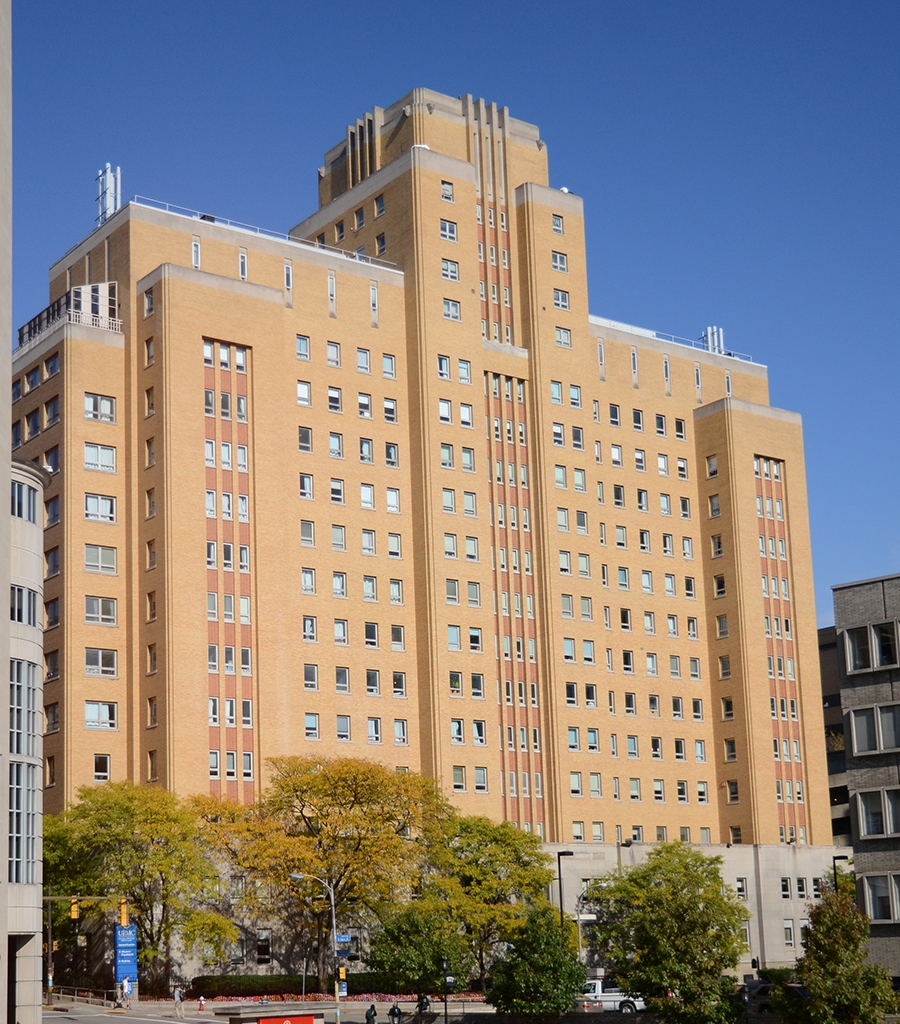Clinical Grand Rounds - Identifying and Managing Youth at Risk for Bipolar and Psychotic Disorders
Although onset of bipolar disorder and schizophrenia tends to occur in late adolescence and early adulthood, these disorders are neurodevelopmental in nature. Neural and clinical precursors of illness may occur long before individuals meet threshold diagnostic criteria. In this lecture, we will take a trans¬diagnostic approach to discussing these precursors, and how they may be the key to early detection of elevated risk for onset of these disorders. We will first review the literature on clinical risk syndromes for psychosis and bipolar disorder. Particularly exciting developments include (1) risk calculators that allow us to calculate individual risk of developing the disorder and (2) potential treatment trials for these identified at-risk adolescents. We will also review gaps in the literature, and next steps regarding the use of biomarkers. Finally, we will discuss the implications of these findings for the clinician, and, to the extent possible, guidelines for management of these risk syndromes.
Learning Objectives: At the conclusion of this lecture, participants should be able to:
Identify several possible precursors of psychosis or bipolar disorder that may present in a child and adolescent psychiatry clinic.
Explain the strengths and limitations of current clinical research into the pathophysiology of serious mental illness prior to onset of a diagnosable disorder.
Discuss recommendations for management of bipolar and psychotic disorders during adolescence and into early adulthood.
Location: Western Psychiatric Institute and Clinic Auditorium
For more information: Please contact Frances Patrick (patrickfm@upmc.edu).
Continuing Education Credit: The University of Pittsburgh School of Medicine is accredited by the Accreditation Council for Continuing Medical Education to provide continuing medical education for physicians. The University of Pittsburgh School of Medicine designates this educational activity for a maximum of 1.5 AMA PRA Category 1 CreditsTM. Each physician should only claim credit commensurate with the extent of their participation in the activity. Other health care professionals are awarded .15 continuing education units (CEUs), which are equal to 1.5 contact hours. In accordance with Accreditation Council for Continuing Medical Education requirements on disclosure, information about relationships of presenters with commercial interests (if any) will be included in materials which will be distributed at the time of the conference. WPIC is approved by the American Psychological Association to offer continuing education for psychologists. WPIC maintains responsibility for this program and its contents. This program is being offered for 1.5 continuing education credits.

